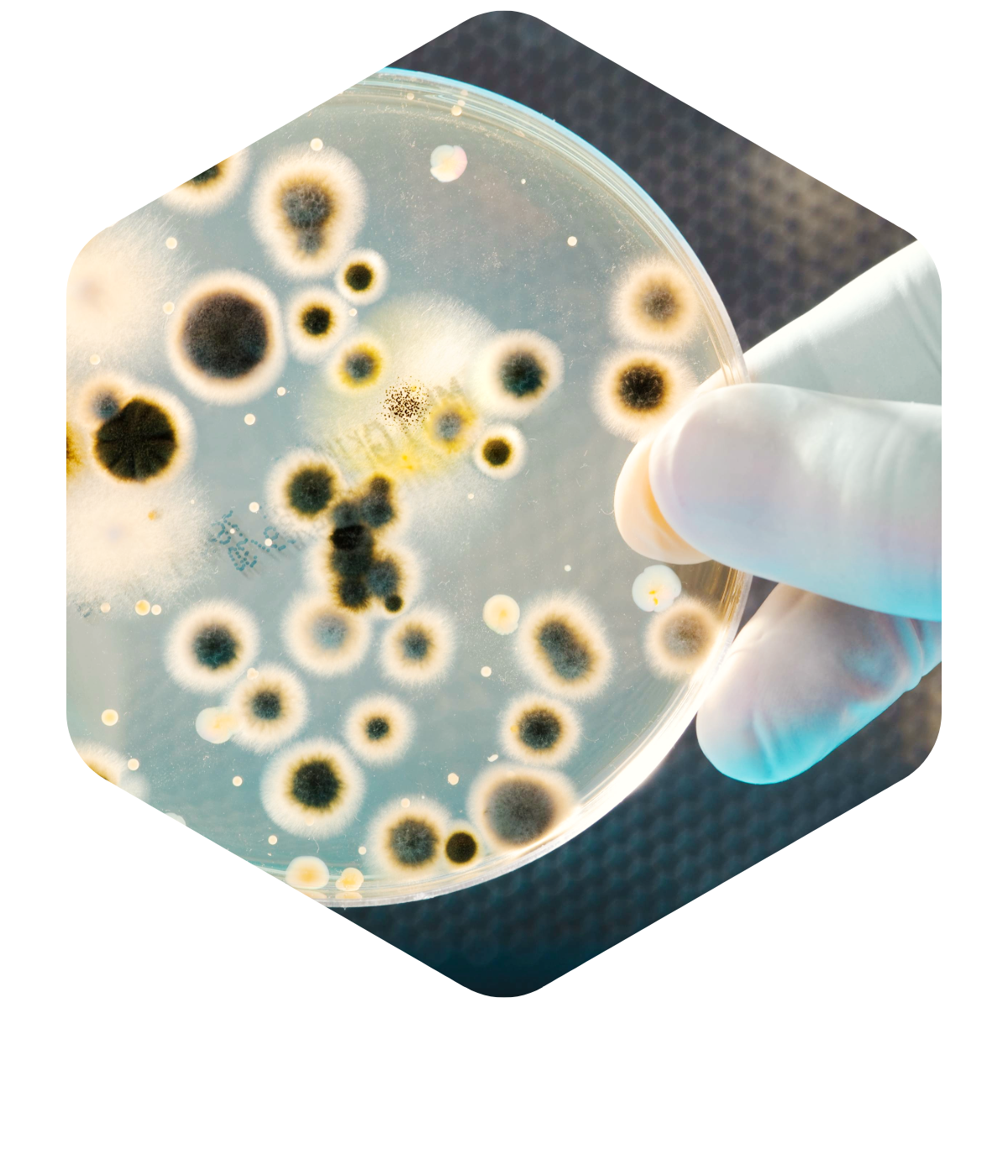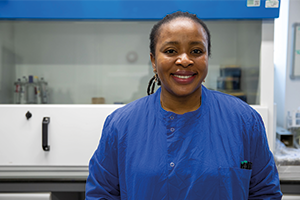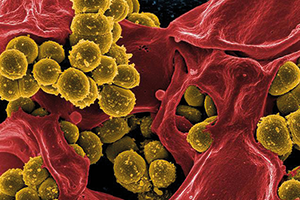Antimicrobial Resistance (AMR) is a global challenge, where bacteria are becoming resistant to the antibiotics that once killed them, making infections harder to treat. To keep pace with these evolving superbugs, scientists across the University of Cambridge are developing next-generation strategies to stay ahead of these dangerous bacteria. Combining cutting-edge technology, genomics and medical research, alongside engagement with lived experience partners, policy makers and industry collaborators, our research teams are working to create effective, long-lasting solutions to ensure that life-saving antibiotic medicines remain powerful for future generations.
Cambridge AMR Network
Recent analysis across biological, clinical and technological sciences at Cambridge identified research expertise spanning the breadth of the World Health Organisation (WHO) bacterial priority pathogens lists, 2024. These bacterial pathogens are of significant public health importance and are the focus of strategic research and development which aims to prevent and control antimicrobial resistance.
Working across disciplinary boundaries, Cambridge scientists in the AMR Network are driving a step change in antimicrobial resistance, delivering new biological insights to inform scientific, clinical and policy strategies.
Recent Highlights
#Policy
Antimicrobial resistance: it's time for global action - Wellcome Trust
Antimicrobial resistance (AMR) is one of our greatest public health threats. We need collective, evidence-based action to control the escalating burden of drug-resistant infections.
#Engagement
The scientist reducing the rise of superbugs by talking to farmers
Chioma Achi is helping farmers in Nigeria to reduce infection in livestock and use fewer antibiotics in animal feed. Her work was highlighted in the Vice-Chancellor’s Research Impact and Engagement Awards.
#Research
COVID-19 showed the importance of genomic surveillance – we need it to help fight antimicrobial resistance
International group of researchers is calling for genomic surveillance to be harnessed to tackle antimicrobial resistance (AMR), a major global challenge that could ultimately result in many more deaths than the coronavirus pandemic.
Academic Leads
Contributing Researchers
Alex Almeida, Veterinary Medicine
Kate S Baker, Genetics
Somenath Bakshi, Engineering
Ronita Bardhan, Architecture
Tanmay Bharat, MRC Laboratory of Molecular Biology
Josie Bryant, Wellcome Sanger Institute
Sundeep Chaitanya Vedithi, Medicine
Pietro Cicuta, Physics
Andrew Conway Morris, Medicine
Nik Cunniffe, Plant Sciences
Andres Floto, Medicine
Andrew Grant, Veterinary Medicine
Antoine Hocher, Genetics
Marko Hyvönen, Biochemistry
John Lees, EMBL-EBI
Stephanie Lo, Wellcome Sanger Institute
Ben Luisi, Biochemistry
Harisree Paramel Nair, School of Life Sciences, Anglia Ruskin University
Julian Parkhill, Veterinary Medicine
Kiran Patil, MRC Toxicology Unit and Biochemistry
Taufiq Rahman, Pharmacology
Julian Rayner, Cambridge Institute for Medical Research
Olivier Restif, Veterinary Medicine
Jeanne Salje, Pathology and Biochemistry
James Thaventhiran, MRC Toxicology Unit
Flavio Toxvaerd, Faculty of Economics
Hendrik van Veen, Pharmacology
Caray Walker, School of Life Sciences, Anglia Ruskin University
Lucy Weinert, Veterinary Medicine
John Welch, Genetics
Martin Welch, Biochemistry
Fleur Whitlock, Veterinary Medicine
James Wood, Veterinary Medicine
Ashraf Zarkan, Genetics
Work with us
We welcome opportunities to collaborate with industry partners, policy makers and academics. If you are interested in working with us, please contact Dr Abi Herrmann, Research Strategy Manager.










